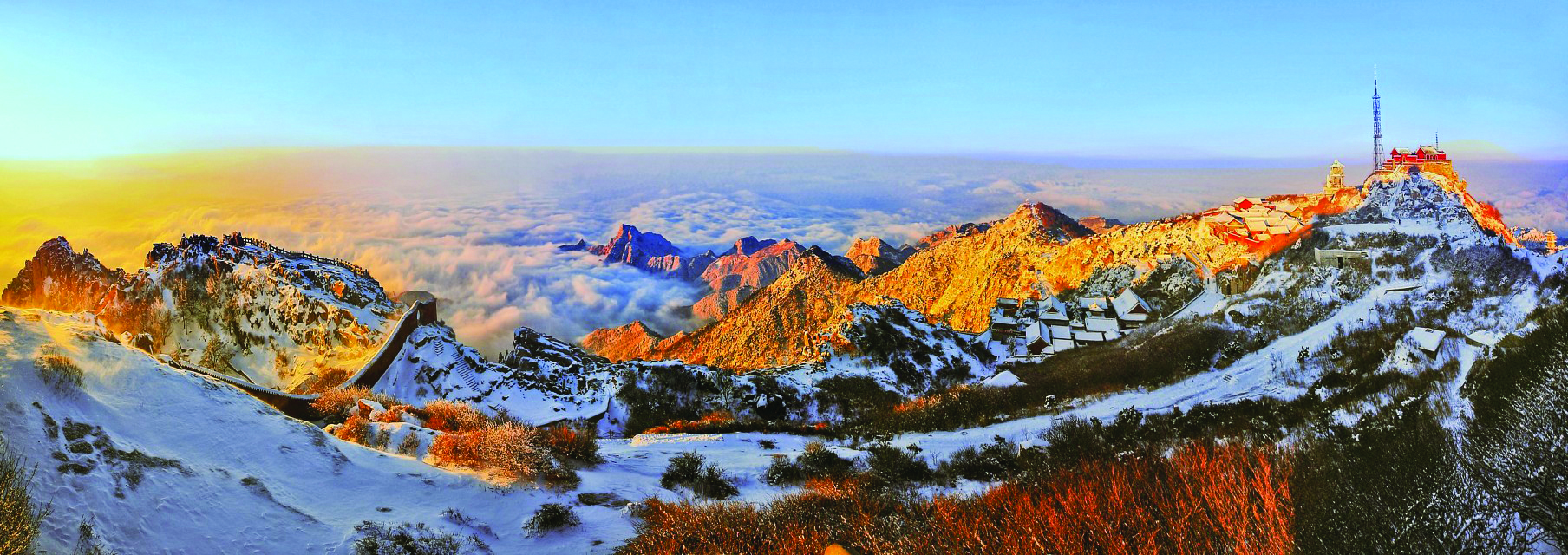Introduction to Virtual Tourism
The COVID-19 pandemic has led to a big increase in online, armchair tourism, as travel restrictions have limited people’s ability to go to places in person. To combat this, researchers from the Macao Institute for Tourism Studies (IFTM) have been investigating using augmented reality (AR) as a marketing tool to encourage people to go to real-life destinations.
The Study
A team of researchers, including Mr Chris Zhu Zhengan, Dr Yan Io Man U, Dr Henrique Fátima Boyol Ngan, and Ms Rachel Luna Peralta, conducted a study to explore the connection between different dimensions of authenticity within the context of an AR, at-home, tourism experience. The study focused on China’s Mount Tai, a UNESCO World Heritage site, and surveyed 240 respondents from Mainland China who had used an AR application featuring the mountain but had never visited it in person.
Dimensions of Authenticity
The researchers identified three dimensions of authenticity in tourism: objective authenticity, constructive authenticity, and existential authenticity. Objective authenticity refers to a tourist’s perception of the attributes of a spot. Constructive authenticity is a tourist’s own projected notion of the attributes of a toured place, which is probably not related to reality but is as a substitute based on stakeholders’ shared interpretation and construction. Existential authenticity emphasizes a subjective psychological feeling, influenced by aspects resembling the interactivity of the experiential process.
Findings
The study found that respondents’ perceptions related to constructive and existential authenticity positively predicted their satisfaction with the AR, at-home, tourism experience and their willingness to go to the actual destination. However, perceptions of objective authenticity had no significant impact on respondent satisfaction. The researchers also found that respondent satisfaction was higher when participants reported good levels of existential authenticity, in comparison with constructive authenticity.
Implications for Destination Managers
The study’s findings suggest that destination managers should give attention to enhancing the user’s experience of AR tools by incorporating interesting storytelling or interactive elements. This may also help to extend existential authenticity and encourage people to go to the real-life destination. The researchers noted that users of AR, at-home, tourism experiences is probably not looking for absolute objectivity but are as a substitute concerned with how they feel through the activity.
The Researchers
The study was conducted by a team of researchers with diverse backgrounds and expertise. Mr Chris Zhu Zhengan is a PhD student at IFTM, specializing in using AR in tourism experiences. Dr Yan Io Man U is an assistant professor at IFTM, with research interests in tourist experience and behavior. Dr Henrique Fátima Boyol Ngan is an assistant professor at IFTM, specializing in psychology. Ms Rachel Luna Peralta is a lecturer at IFTM, with research interests in destination image and intangible cultural heritage.
Conclusion
The study’s findings have significant implications for the tourism industry, highlighting the potential of AR as a marketing tool to encourage people to go to real-life destinations. By specializing in enhancing the user’s experience of AR tools and incorporating elements that increase existential authenticity, destination managers can increase visitor numbers and promote cultural heritage sites. As using AR technology continues to grow, it’s prone to play an increasingly necessary role within the tourism industry, providing latest opportunities for people to experience and have interaction with destinations remotely and in person.
